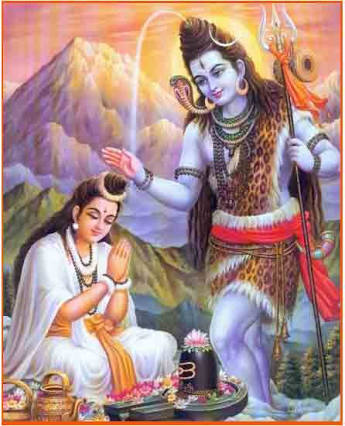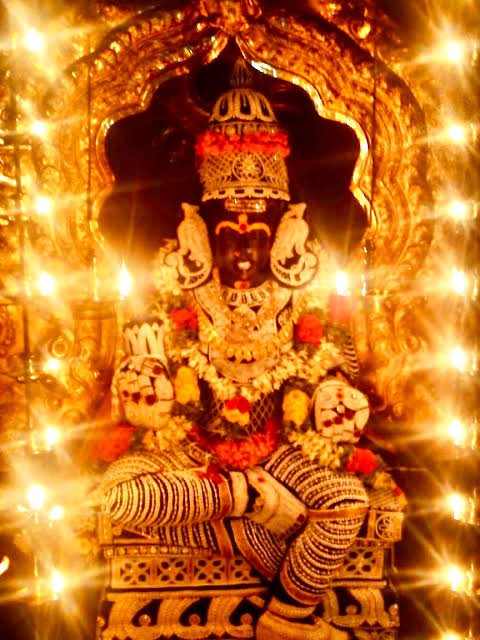You balance discursive thoughts and emotions with mindfulness. Good traders understand how their thoughts and emotions can influence their end results. In an effort to make the best decisions possible, they balance and temper those with moments of mindfulness.
14 Signs that You're a good Trader
Good trading takes time to develop.
It is the process of pushing yourself to grow stronger and better mentally.
Here are 14 signs that you've developed into a good trader:
You balance discursive thoughts and emotions with mindfulness. Good traders understand how their thoughts and emotions can influence their end results. In an effort to make the best decisions possible, they balance and temper those with moments of mindfulness.
You feel confident in your ability to adapt to change. Good traders know that although change is uncomfortable, it is inherent to the markets more so to life. They focus on getting better at adapting to change, rather than resisting it.
You learn from your mistakes. Good traders take responsibility for their every action in the markets. They learn from them.
You balance self-acceptance with self-improvement. Good traders accept themselves for who they are while simultaneously recognizing their need for personal development.
While they may admire figures like Paul Tudor Jones or Jesse Livermore, they do not try to emulate these people in their trading style. In that sense, they understand the necessity to adopt an approach that fits their unique personality.
You genuinely celebrate other people's success. Good traders don’t compare their results with others. They don’t feel as though other people’s success somehow diminishes their own achievements.
You are comfortable trading according to your rules. Good traders make decisions with relative ease because they understand their rules and what they are trading and looking for in the markets. They do not let other people’s opinions affect their judgement.
You focus on sharpening your skills, rather than showing them off. While some people seek validation or recognition from other traders on Social Media's (especially twitter) for the trades they take, good traders are less concerned about gaining recognition.
You view trading losses as opportunities for growth. Good traders don't waste time feeling sorry for themselves while giving away their power to the markets. While losses cause some people to grow bitter, they make good traders grow better.
Your self-worth depends on who you are, not what you achieve. Good traders feel good about themselves, whether they win or lose.
You practice delayed gratification.
Good traders view their trading goals as a marathon, not a sprint. They’re willing to tolerate short-term pain when it can provide long-term gain.
You bounce back from failure. Good traders don’t view failure as the end of the road. Instead, they use potential failures as opportunities to gain knowledge that will increase their chances of success in the future.
You express gratitude. Rather than exclaim they need more, good traders take whatever the markets are offering them in the moment however small the gains are. If they followed their plan to the letter, then what should or could have been doesn't matter!
You May Also Like
"I really want to break into Product Management"
make products.
"If only someone would tell me how I can get a startup to notice me."
Make Products.
"I guess it's impossible and I'll never break into the industry."
MAKE PRODUCTS.
Courtesy of @edbrisson's wonderful thread on breaking into comics – https://t.co/TgNblNSCBj – here is why the same applies to Product Management, too.
There is no better way of learning the craft of product, or proving your potential to employers, than just doing it.
You do not need anybody's permission. We don't have diplomas, nor doctorates. We can barely agree on a single standard of what a Product Manager is supposed to do.
But – there is at least one blindingly obvious industry consensus – a Product Manager makes Products.
And they don't need to be kept at the exact right temperature, given endless resource, or carefully protected in order to do this.
They find their own way.
make products.
"If only someone would tell me how I can get a startup to notice me."
Make Products.
"I guess it's impossible and I'll never break into the industry."
MAKE PRODUCTS.
Courtesy of @edbrisson's wonderful thread on breaking into comics – https://t.co/TgNblNSCBj – here is why the same applies to Product Management, too.
"I really want to break into comics"
— Ed Brisson (@edbrisson) December 4, 2018
make comics.
"If only someone would tell me how I can get an editor to notice me."
Make Comics.
"I guess it's impossible and I'll never break into the industry."
MAKE COMICS.
There is no better way of learning the craft of product, or proving your potential to employers, than just doing it.
You do not need anybody's permission. We don't have diplomas, nor doctorates. We can barely agree on a single standard of what a Product Manager is supposed to do.
But – there is at least one blindingly obvious industry consensus – a Product Manager makes Products.
And they don't need to be kept at the exact right temperature, given endless resource, or carefully protected in order to do this.
They find their own way.














